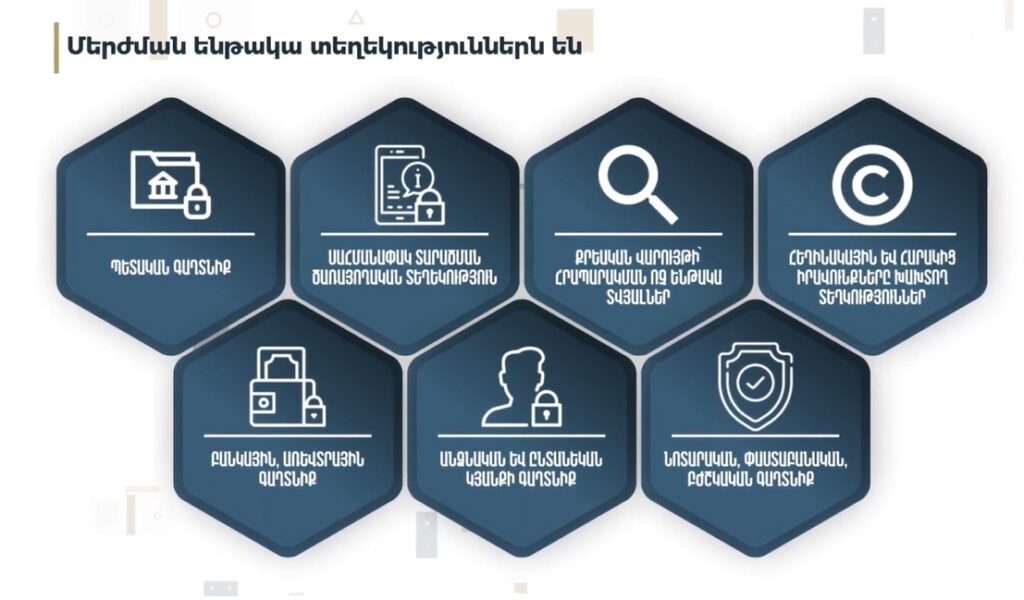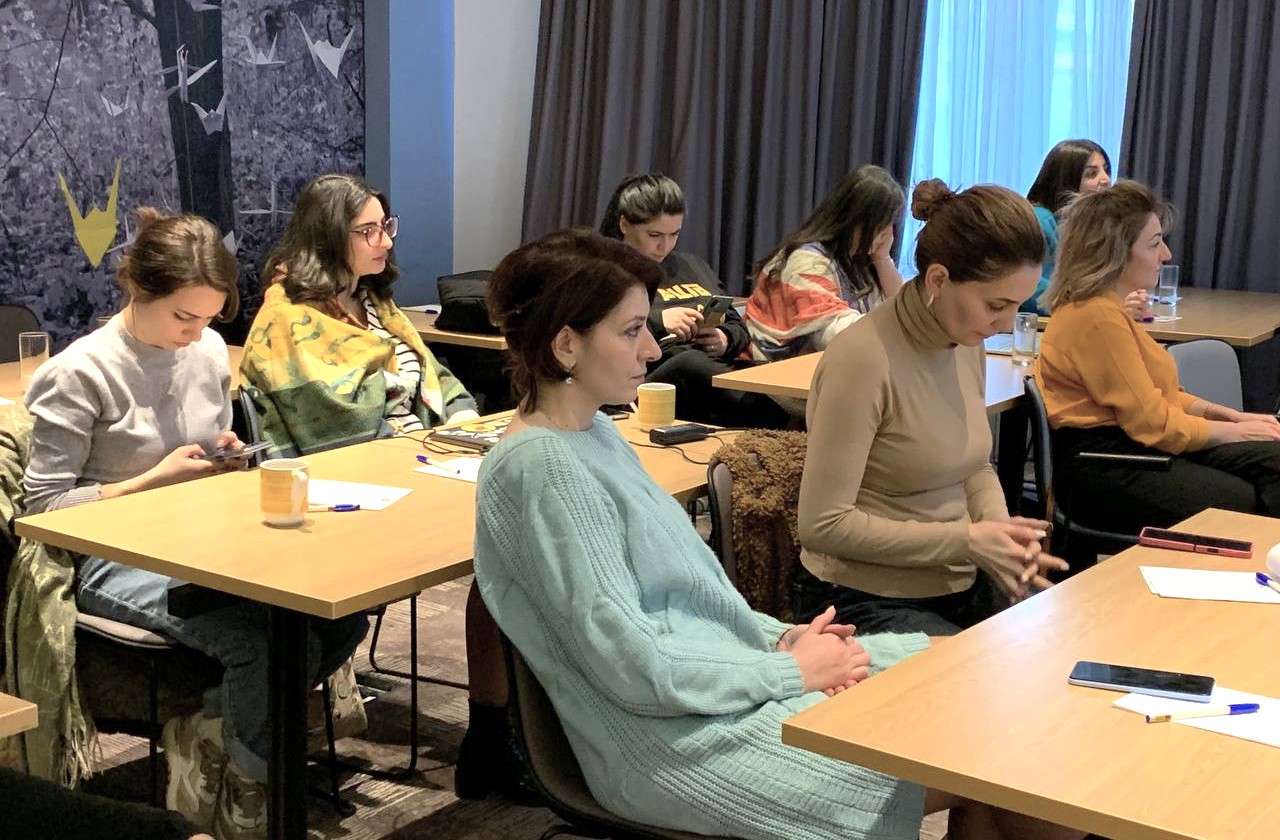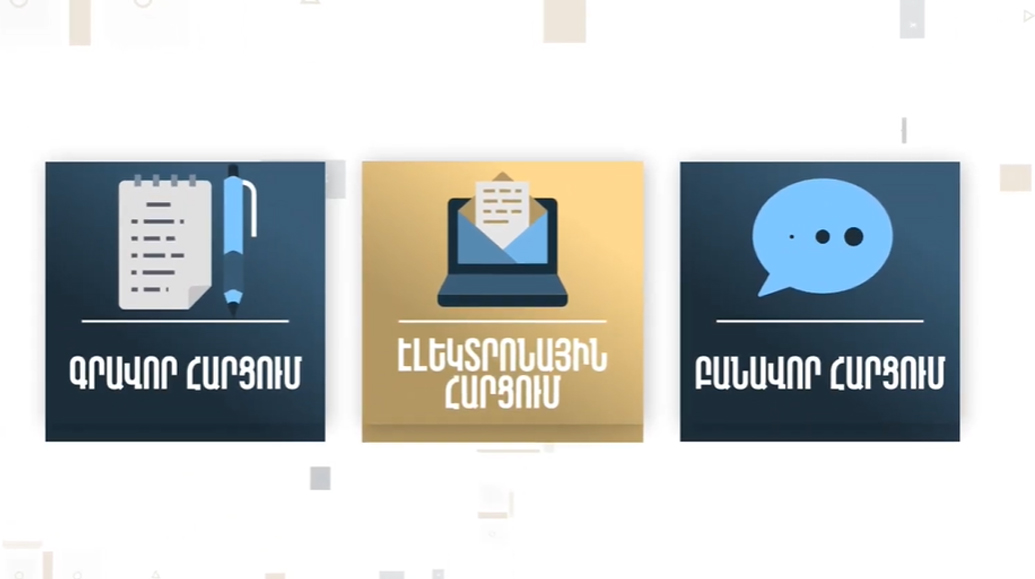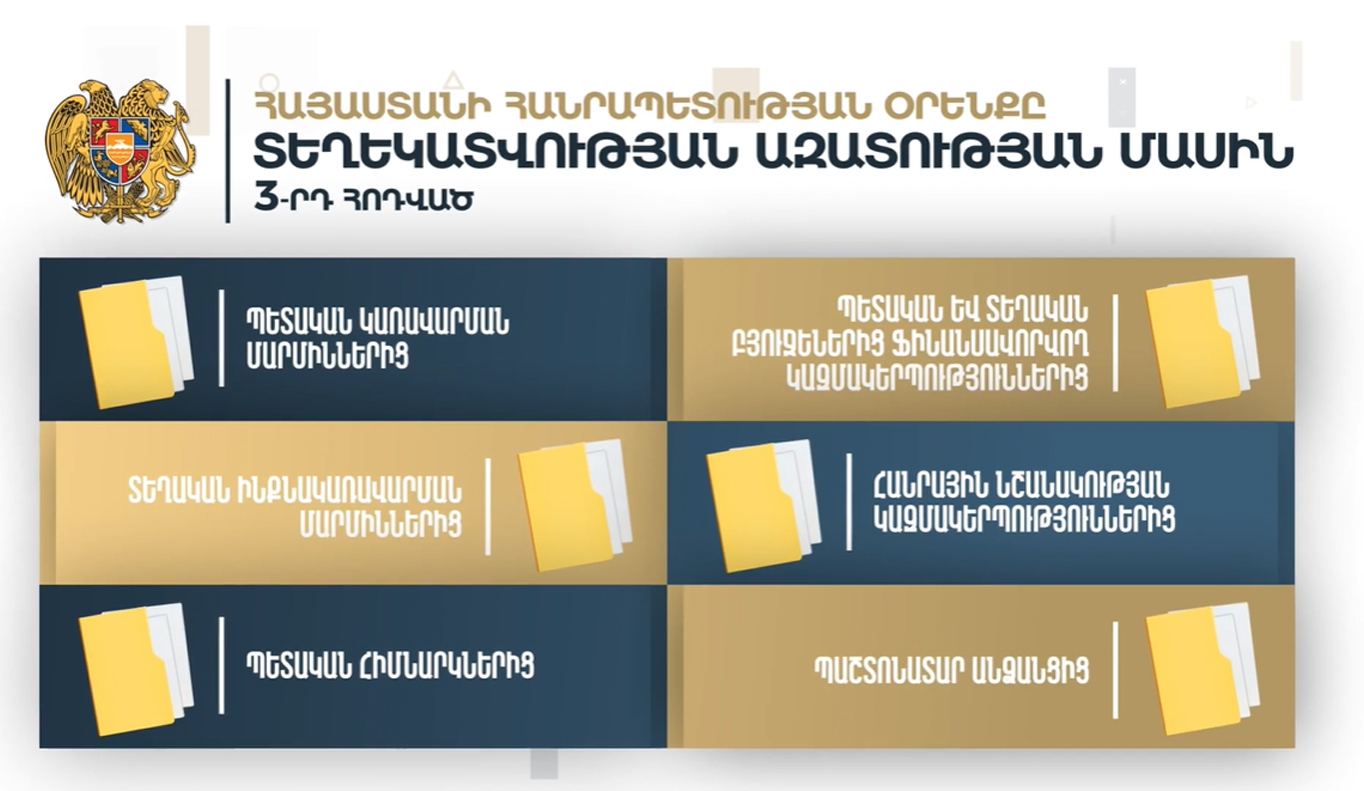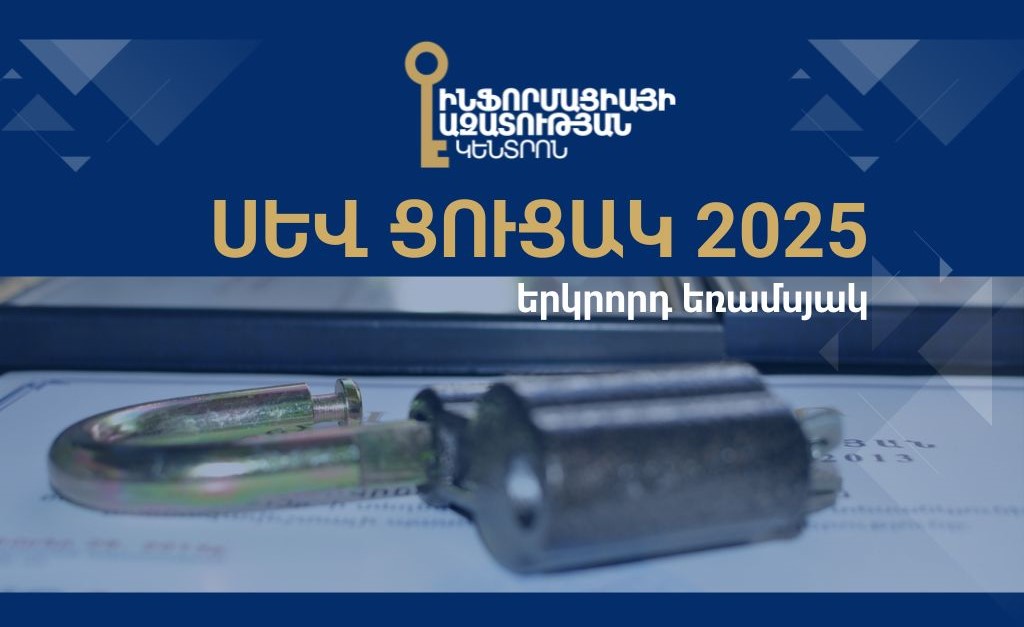In what cases can the provision of information be refused and what to do in that case?
The provision of information is refused if the request:
- contains state, banking, commercial secret, or restricted service information,
- violates the privacy of a person’s personal and family life, including the privacy of correspondence, telephone conversations, postal, telegraphic and other communications,
- contains information of criminal proceedings that is not subject to publication,
- discloses data requiring access restrictions due to professional activity,
- violates copyright and/or related rights.
Refusal to provide information must contain a reference to the specific clause of Article 8, Part 1 of the Law on Freedom of Information, as well as indicate the norm of the law according to which the requested information is classified as secret.
If part of the information requested by the request is subject to rejection, that part should be made illegible (cover, blackout, or delete) without redacting the rest of the information (document) and providing the information.
Provision of information should never be refused because the requested information is personal data. Remember that private data is the name of the data type, not the mode.
The answer to the rejection must be provided to the applicant within 5 days.
The refusal to receive information can be appealed to the superior of the body that committed the violation. If the superior upholds the refusal, you can apply to the human rights defender or directly to the court. These bodies can also be addressed without a superior appeal.
The video was developed and published by the Freedom of Information Center NGO (FOICA) within the “Advanced Access to Information and Beneficial Ownership Transparency in Armenia” project: The Project is supported by the Eastern Partnership: Open Door Grants, Sub-grants provided under the EU for Integrity Programme. The content is solely the responsibility of the FOICA and does not necessarily reflect the views of the European Union.

